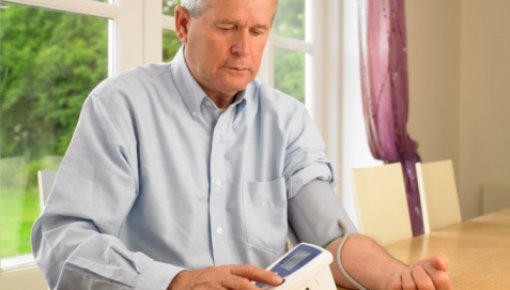Lowering your blood pressure by changing your lifestyle

Constant high blood pressure can damage blood vessels and lead to other health problems. But there is a lot you can do on your own to lower your blood pressure, like getting more exercise and eating less salt.
There are different ways to manage high blood pressure. Especially if your blood pressure is only a little too high, it could be worth trying to change some of your habits and generally pay more attention to living a healthy lifestyle.
There’s a whole lot of advice about lowering blood pressure on the internet and in other media. It is often claimed that certain diets, acupuncture, teas or special dietary supplements can help to lower blood pressure. But these claims aren't backed up by scientific research.
Some methods have been proven to work, though – so it may be a good idea to focus on them:
- Losing a bit of weight
- Eating less salt
- Not smoking
- Drinking only a little alcohol, or none at all
- Getting more exercise
Using medication to lower your blood pressure could be a good idea if your blood pressure is very high or if changing your lifestyle isn't effective enough.
